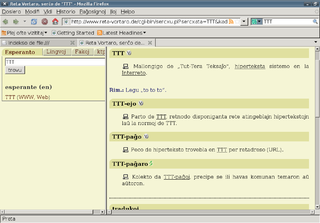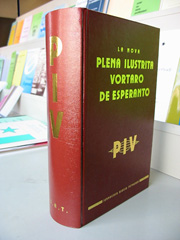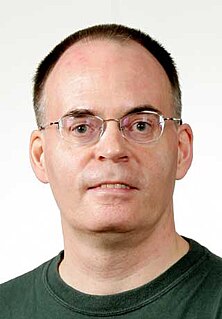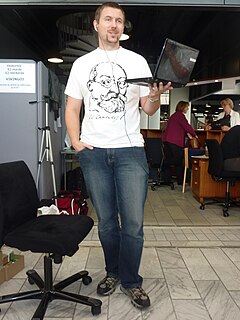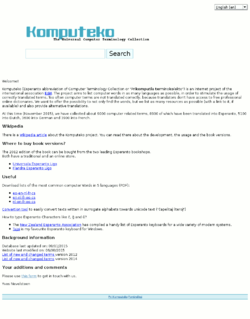 The English home page of Komputeko.net showing a search box | |
Type of site | Multilingual online dictionary |
|---|---|
| Available in | Esperanto, English, Dutch, French, German |
| Created by | E@I |
| Website | komputeko |
| Commercial | No |
| Current status | active |
Content license | CC BY-SA |

Komputeko is an online project of the non-profit youth organization E@I (“Education@Internet”) with the goal of bringing together parallel computer terminology from various dictionaries in order to facilitate access to and comparison between different translations and thus promote exact use of language and counteract the (often sloppy) usage of linguistic borrowings from American English. Komputeko is short for the Esperanto noun phrase "Prikomputila terminokolekto", meaning "collection of computer terms". The dictionary is written in five languages (Esperanto, English, Dutch, German and French), and there are plans to expand it into other languages. A preliminary version with a few other languages already exists. [1]
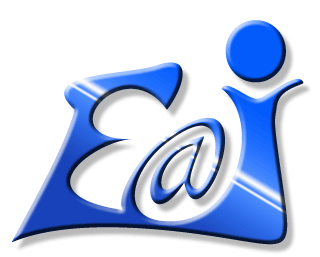
E@I ("Education@Internet") is an international youth non-profit organization that hosts educational projects and meetings to support intercultural learning and the usage of languages and internet technologies.

Esperanto is the most widely spoken constructed international auxiliary language. It was created in the late 19th century by L. L. Zamenhof, a Polish-Jewish ophthalmologist. In 1887, he published a book detailing the language, Unua Libro, under the pseudonym Dr. Esperanto. Esperanto translates to English as "one who hopes".

English is a West Germanic language that was first spoken in early medieval England and eventually became a global lingua franca. It is named after the Angles, one of the Germanic tribes that migrated to the area of Great Britain that later took their name, as England. Both names derive from Anglia, a peninsula in the Baltic Sea. The language is closely related to Frisian and Low Saxon, and its vocabulary has been significantly influenced by other Germanic languages, particularly Norse, and to a greater extent by Latin and French.
